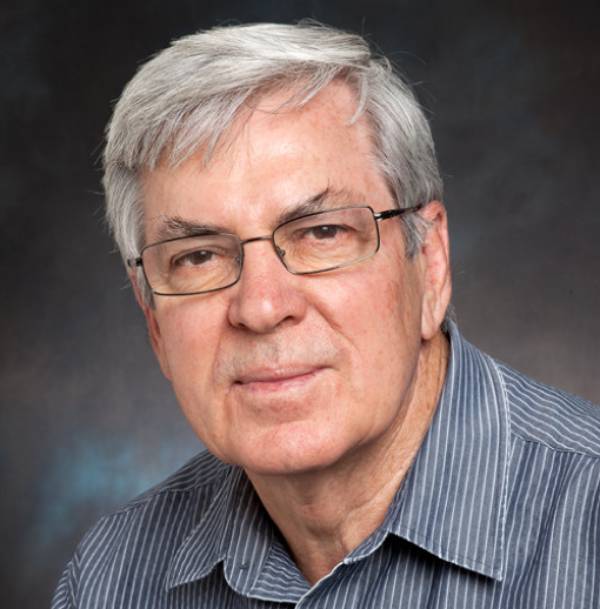
Emeritus Professor
Robert Gregory AO
BCom (Melbourne), PhD (London)
Discipline: Economics
Year Elected: 1979
2019 Reflections
I thank the Academy for this honour which requires two unusual qualifications, admittance to the Academy at an early age and then not dying too soon afterwards. Both qualifications, at a personal level, seem important, and another forty years would be good too.
It seems natural to write about the good old days and comment about how I believe times have changed for young economists. Most of these changes flow from growing specialization.
When I returned in 1969, I believed I was giving up considerable income by leaving the US, making it more difficult to establish an international reputation and distancing myself from the research frontier. But, I could be a bigger fish in a smaller pond, and, more importantly I could accept a full-time research job at the Institute of Advanced Studies, ANU. The free time and location of this job would enable me to work across a wide range of important policy issues. I could be a generalist, contribute to academia and Australian policy work. Looking back, however, there seemed to be few disadvantages in returning home and the advantages were greater and more exciting than I had imagined.
All my contributions, in response to Australian policy experiences, moved me closer to the international research frontier and the ideas were subsequently explored, many years later, by elite economists focusing on the same issues in their own economies, although not usually in response to my work. I recognized important research questions early because I saw the problems playing out in the Australian economy before they became obvious to academics focused on larger economies or drawing ideas from journals. All one needed was to be in Canberra, keep close to good economists in the public service, have time, and be sufficiently confident to switch research topics in response to new problems.
The ability of our typical young academic appointee to recognize new emerging problems in the Australian economy, and foresee their subsequent importance for larger economies, has diminished, primarily because of increased specialization. New appointees come to Australia after their research agenda has been firmly set in place by five to seven years of specialization in graduate school. It is not sensible to respond to new economic problems of a new environment. The rewards for publishing in the best international journal articles are so great now-a-days that the heavy PhD investments need to be utilized to the fullest advantage. Hence, new appointees tend to follow the international leaders in their specialization and not respond to new and important local problems.
In addition, most interesting empirical studies now require very large investments after the PhD. In my youth almost all articles were single authored. The latest issue of a top journal to cross my desk has one single authored article and the rest have three to five authors. On average, an economist interested in an Australian problem may need to find another three good economists to agree that the local topic will attract international interest, not impossible but not an easy task.
Young people today face different incentives and greater time pressures. I was able to introduce the first course work Masters and PhD degrees in Australia, to take leave from the university at a very young age and become a Division head to work closely with Alf Rattigan, one of Australia’s great public servants, I was able to play a small part in changing the Tariff Board into the Productivity Commission, to be close to and to write about the 25 per cent tariff cut and the impact of moving to flexible exchange rates. I could join two very senior Public Servants and write a commissioned report on the formation of economic policy for the Coombs Royal Commission into reforms of the Public Sector. Among our recommendations subsequently introduced were splitting the Treasury and strengthening the function of Ministerial staffers (maybe not such a good idea). I was able to sit on the Board of the Reserve Bank, Head the Economics Department in the Research School of Economics for 16 years and accept the Harvard Chair of Australian Studies. If I was starting today, the large rewards from academic specialization would push me to a different and narrower career.
But here is a puzzle. At the same time of increased specialization economists are working on a wider range of topics than ever – law and economics, machine learning, pre-school development of children, politics and economic growth, the impact of drug development– the list seems endless. Yet co-authors are not drawn from other disciplines. Overwhelmingly they are other economists.
I think of the Academy as encouraging interdisciplinary contributions to Australian problems. But this is not where the rewards have been for young economists who are increasingly specialising within the discipline. Maybe, as economics continues to expand into the fields of other disciplines, things will change but I would bet against it.